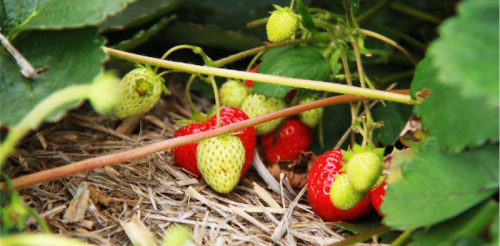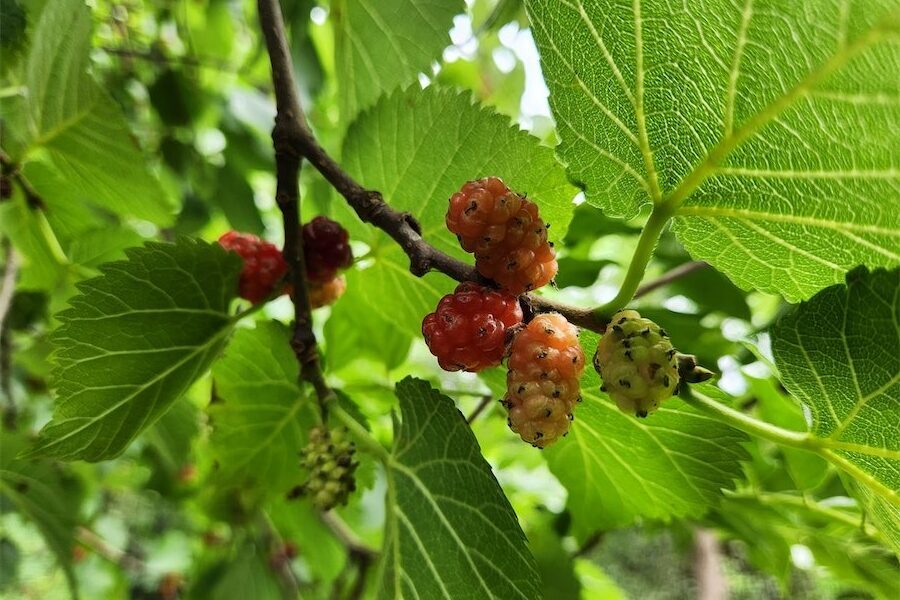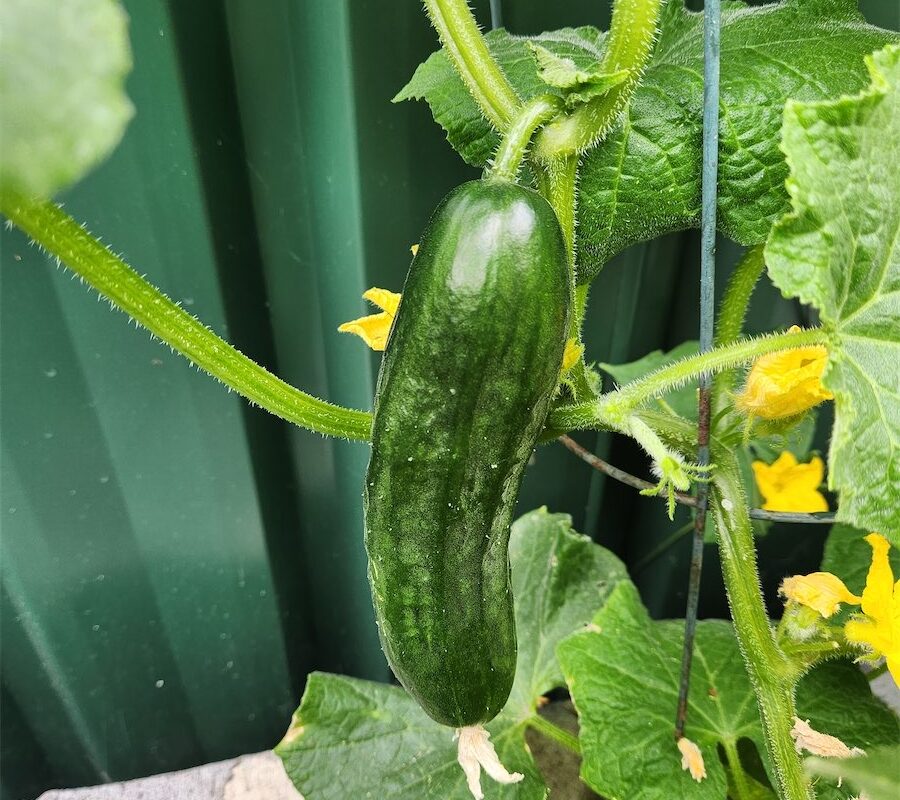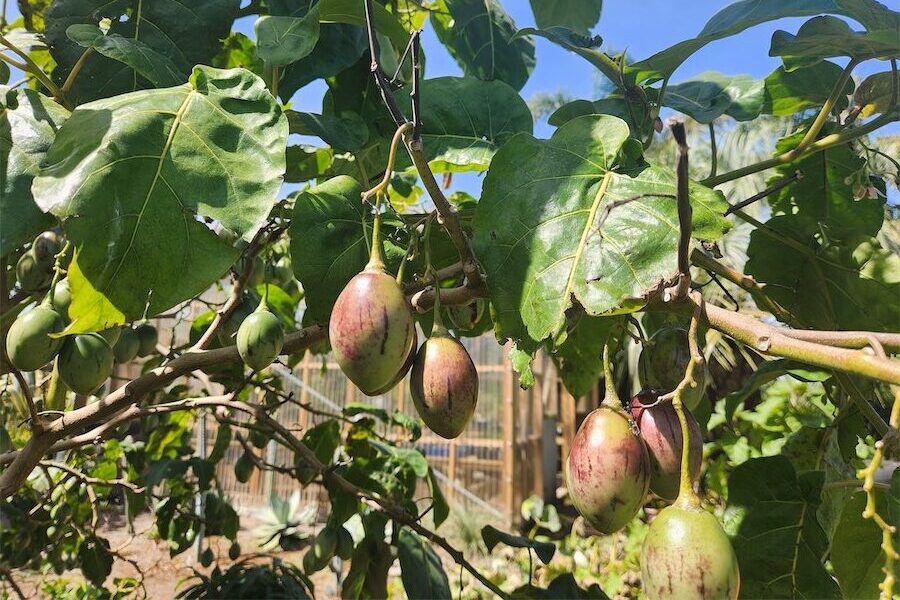
Right now is planting time and my advice is always to buy virus-free strawberries certified by the Department of Agriculture and not accept runners from well-meaning friends. Strawberries sold at garden centres are always virus free.
The earliest fruiting variety is Tioga with picking often starting in October. Although with late frosts affecting the flowers, I’d suggest this is not the best variety for Canberra.
Red Gauntlet is the all-time favourite and picking starts in mid-November. A relative newly introduced variety is Hokowase, which is of Japanese origin, with its fruit sweet even before it is fully ripe. This is also an early fruiting variety that can suffer from late frosts (overcome by covering the plants at night).
When planting, dig in plenty of rich, organic matter from the compost heap or pulverised cow manure mixed with blood and bone fertiliser. Mound the soil into a ridge about 50cm wide and cover with black plastic.
The length of the mound will depend on the number of plants to be grown. Cut a cross through the plastic on the top of the ridge about 10cm long each way and plant the strawberry crowns about 20cm apart.
Water-in with, say, a seaweed plant nutrient and apply it every few weeks to encourage plenty of roots up to flowering time.
Snails are the biggest problem and Multigard Slug and Snail Killer, which is said to be safer than other snail killers if you have pets, will take care of them. Nor will it kill blue tongue lizards and geckos.
Mildew problems (for strawberries and, indeed, all plants) can be fixed by spraying a mixture of one part full cream milk mixed with eight parts water.

Although polyanthus, pansies, violas and primulas are technically winter flowering annuals, they will continue to flower well into the spring.
Apply a liquid plant nutrient, such as a seaweed plant nutrient on a weekly, weakly application (ie a weak solution once a week). Alternatively, if you have been dividing perennials plant any excess into containers. The larger the container the less likelihood of it drying out and it’s best keep the containers raised off the ground without saucers.
Jottings…
- Feed spring bulbs with a high potassium plant food to encourage flowering. Unless we receive no rain between now and flowering time cease watering bulbs now.
- Cut back hard ornamental grasses that have been left for winter interest.
- Prune Buddleias (or Butterfly Bush) very hard down to one metre to encourage flowering. Take out any dead, diseased or damaged branches.
- Start pruning roses even though the old advice was not to prune until the end of August/September. Don’t be afraid to really cut back hard to a metre or less if they have been neglected for some time.
Who can be trusted?
In a world of spin and confusion, there’s never been a more important time to support independent journalism in Canberra.
If you trust our work online and want to enforce the power of independent voices, I invite you to make a small contribution.
Every dollar of support is invested back into our journalism to help keep citynews.com.au strong and free.
Thank you,
Ian Meikle, editor




Leave a Reply